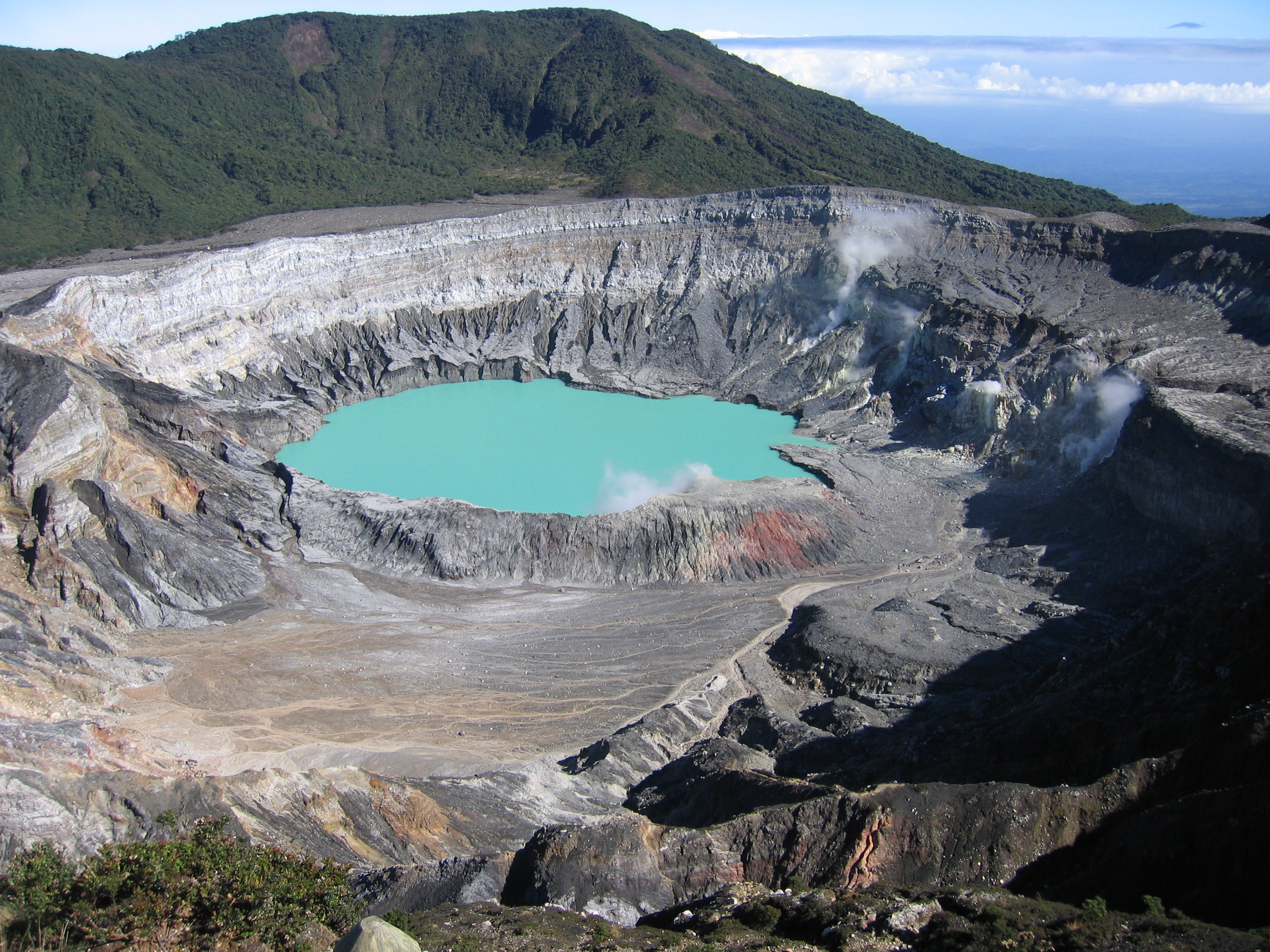Climate change these days is a recognized and trendy topic all around the world. Every day, news articles, blog posts, tweets and more are published on the Internet to give people a clearer understanding of climate change. With this blog post, Tropical Adventures wants to provide you with a little insight about the effect climate change could have or has had in Costa Rica.
 A study from the University of Massachusetts Amherst which dates from July 17, 2008 does not doubt that climate change could have a negative consequences on Costa Rica. Due to its rich variety of cloudforests and rainforests, climate change could mean the loss of many species.They did research on the actual rise in temperature and proved that Costa Rica will become a warmer and drier land. They believe that climate change not only would be endangering the species, but also the agriculture industry.
A study from the University of Massachusetts Amherst which dates from July 17, 2008 does not doubt that climate change could have a negative consequences on Costa Rica. Due to its rich variety of cloudforests and rainforests, climate change could mean the loss of many species.They did research on the actual rise in temperature and proved that Costa Rica will become a warmer and drier land. They believe that climate change not only would be endangering the species, but also the agriculture industry.
 To continue, it is important to know that Costa Rica is a country with around 70 volcanoes, of which 6 are active. In December 30th, 2012, a study was carried out on how the rise in temperatures change volcanic activity in Costa Rica. A group of geologists at Harvard University analyzed various volcanoes over a 10 year period of time. The result of this research was that there are longer periods of activity that coincide with the rise of temperatures and the melting ice.
To continue, it is important to know that Costa Rica is a country with around 70 volcanoes, of which 6 are active. In December 30th, 2012, a study was carried out on how the rise in temperatures change volcanic activity in Costa Rica. A group of geologists at Harvard University analyzed various volcanoes over a 10 year period of time. The result of this research was that there are longer periods of activity that coincide with the rise of temperatures and the melting ice.
In the 4th Assessment Report of IPCC, there were some interesting facts found about the climate change in Costa Rica. The sea level of Costa Rica would rise and this could have an impact on the availability of drinking water in the Pacific Coast. Also, coral reefs are expected to be threatened, which would have consequences for many animals such as turtles, manatees and crocodiles.

Another well-known phenomenon in Costa Rica is that when temperatures rise above 93.2 degrees fahrenheit (34 degrees celcius), the sand temperature exceeds the upper limit for egg incubation. Besides, rising temperatures bias the sex ratio toward females. This is due to the fact that the turtles sex is determined during egg incubation. In other places, there are already found turtle nests in which 90% is female.
The above facts are parts of different research studies executed by different scientists. However, together they create a negative story about climate change in Costa Rica. Not only would if affect the species in the forests, it would also have an impact on species in the seas. Moreover, the rising sea level could turn into a serious problem for the drinking water in Costa Rica.
We would like to hear your opinion about climate change. Does it have an effect on your country?
Written by Bram Voets, Marketing Intern
